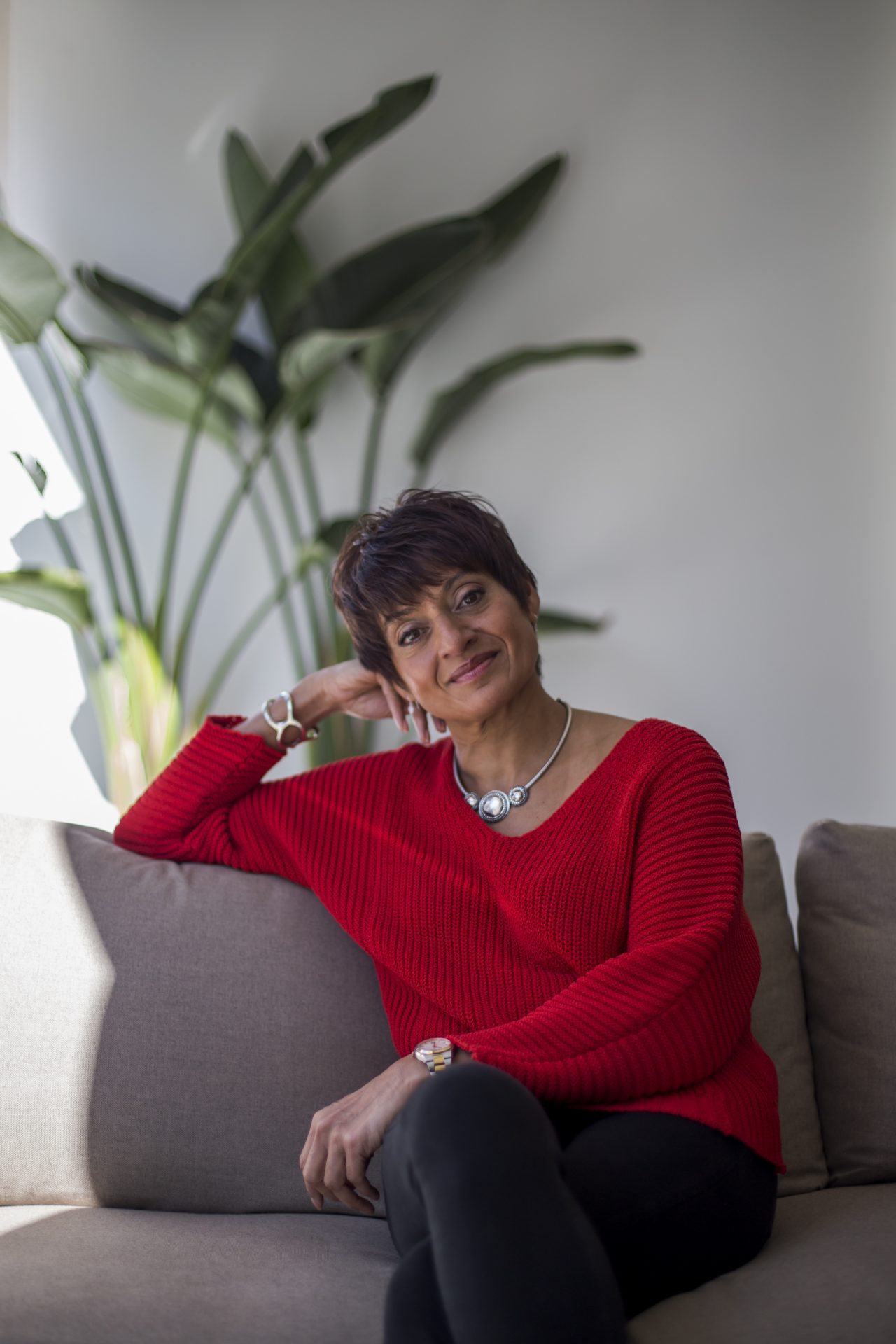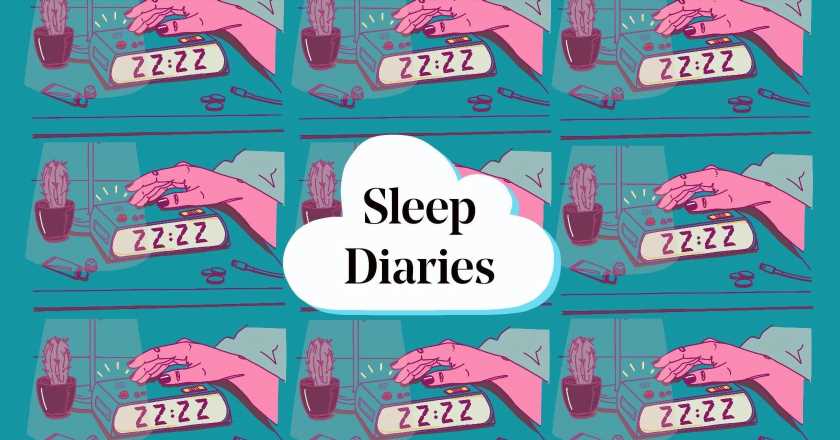Welcome to Stylist’s Sleep Diaries, where we’re taking a deep-dive into one of the most important (and elusive) factors in our day-to-day lives: sleep. To help us understand more about it, we’re inviting women to track their bedtime routines over a five-day period – and presenting these diaries to sleep expert Dr Nerina Ramlakhan for analysis.
In this week’s Sleep Diaries, a 26-year-old partnerships manager finds out that her vivid dreams could be a sign of unharnessed creativity – and learns how to process them in a meaningful way.
A little about me:
Age: 26
Occupation: partnerships manager for a charity
Number of hours sleep you get each night: 8 hours
Number of hours sleep you wish you got each night: As much as I can get!
Do you grind your teeth/have nightmares: Have been told by a friend I grind my teeth when sharing a bed with her and have intense dreams.
How much water do you drink on average per day: 3-4 litres
How much caffeine do you drink on average per day: I have 1 ‘real’ coffee a day – on occasion I have a decaf coffee or very rarely a second non-decaf coffee in the afternoon.
How much exercise do you do on average per week: 5 hours
Day 1
After work, I go for Korean BBQ with a friend and eat lots of food. We take an impromptu trip to the cinema and despite feeling sick from dinner, share a bag of Revels whilst watching the film.
I walk home and get in at just past 11pm and set an alarm for 8am the next morning, as I need to leave the house early-ish as we are celebrating my boyfriend’s birthday.
I have a dream about my nan, who passed away. In the dream she is alive again, but then dies once more. I wake up feeling very disoriented.

Day 2
I leave the house early for a Saturday, at around 10am. I’m out all day and evening as we meet my boyfriend’s friends for drinks, and although I don’t drink any booze, I get a headache from drinking five sugary tonics so quickly.
At home, we grab a pizza at 10:30pm and crash out not long after we finish eating.
It’s the first night I haven’t had to set an alarm in months, so I go to sleep in the hope that I’ll wake up feeling refreshed. However, when I wake up the next morning my head is pounding and I don’t feel like I’ve slept at all.
You may also like
“Is sleeping in regularly bad for you?” A sleep expert answers your questions
Day 3
I spend the majority of the day in bed – only getting up to use the bathroom or grab food. We watch a lot of films and when my boyfriend leaves at 6pm I’m super drowsy but force myself to stay awake by watching something else.
However, by about 9pm I am ready to sleep and rest my eyes after all the screen time, but I’m also restless from barely moving all day.
It takes me longer than usual to fall asleep, although it’s still not late – probably around 11pm by the time I conk out. In the morning, I’m woken three times before my alarm is due to go off at 7:30am, when each of my housemates leaves for work.

Day 4
I’m super productive despite the unexpected wake-up and blitz through my emails before heading to a barre class and coming back home to do some life admin.
I make a soup from scratch for my evening meal at around 6pm and do some homework for my Arabic evening course, with a rare treat of a real espresso to keep me focused.
At around 9pm I get into bed and read. Luckily the coffee doesn’t seem to have had an impact as I’m asleep by around 10am.
I set an alarm for 7am as I’m supposed to be going into the office, but when I wake up I can’t bring myself to get out of bed so end up working from home.
You may also like
“I’m a light sleeper – how can I get more deep sleep?” A sleep expert answers your questions
Day 5
I work from home and finish at 4pm as I have to make it to Borough for a trapeze class that starts at 5pm. After throwing myself about for just over an hour, I’m feeling lazy and get an Uber home.
Despite this making my journey a lot quicker, it’s nearly 7pm by the time I get home so I make an easy tomato sauce with some pasta.
It’s freezing in my bedroom, so I get into bed earlier than normal and snuggle up with my book. I read for a few hours before my eyes get tired. Then I put on a podcast. Instead of making me sleepy, it perks me up, and by the time I can feel myself drifting off, it’s around 11:30pm.
In the morning I remember my dream and it stays with me all morning – I met an old friend I hadn’t seen in years, which turned into a fight with an unknown man culminating in me jumping out of my auntie’s bedroom window and crashing onto the street!
So, what does it all mean? A sleep expert offers her thoughts
Dr Nerina Ramlakhan, sleep expert and professional physiologist, says: “I don’t really want to mess around with your daily routine, but you could have more energy and better quality sleep if you follow my five non-negotiables methodology.
I’m actually more interested in your dreams, and how you can harness their creativity. You dream very vividly, and I wonder whether you can harness the messages of your dreams in some way? We all dream, but many people don’t remember their dreams. Such vivid dreams can be an indication of unresolved stress but, in your case, I wonder if it’s related to a source of creativity that she hasn’t tapped into as yet?”

Dr Nerina continues: “To do this, you could start by writing a journal first thing in the morning. Journalling works very well if you set a timer and write uninterrupted for at least 10 minutes – ideally on paper. Avoid telling anyone about your dreams before they are written down.
“Regular writing of these ‘morning pages’ can help you to understand her dreams and/or even become more creative. You might want to paint your dreams or write stories or poetry about them. Dreams are sometimes messages from our unconscious. They can carry useful insights about life and can be a wonderful source of creativity.”
If you would like to take part in Stylist’s Sleep Diaries, please email us at [email protected] with your name, age and any sleep problems you’re dealing with, using ‘SLEEP DIARIES’ as the subject. We look forward to hearing from you.
Lead image design: Ami O’Callaghan
Other images: Getty/Dr Nerina Ramlakhan
Source: Read Full Article
